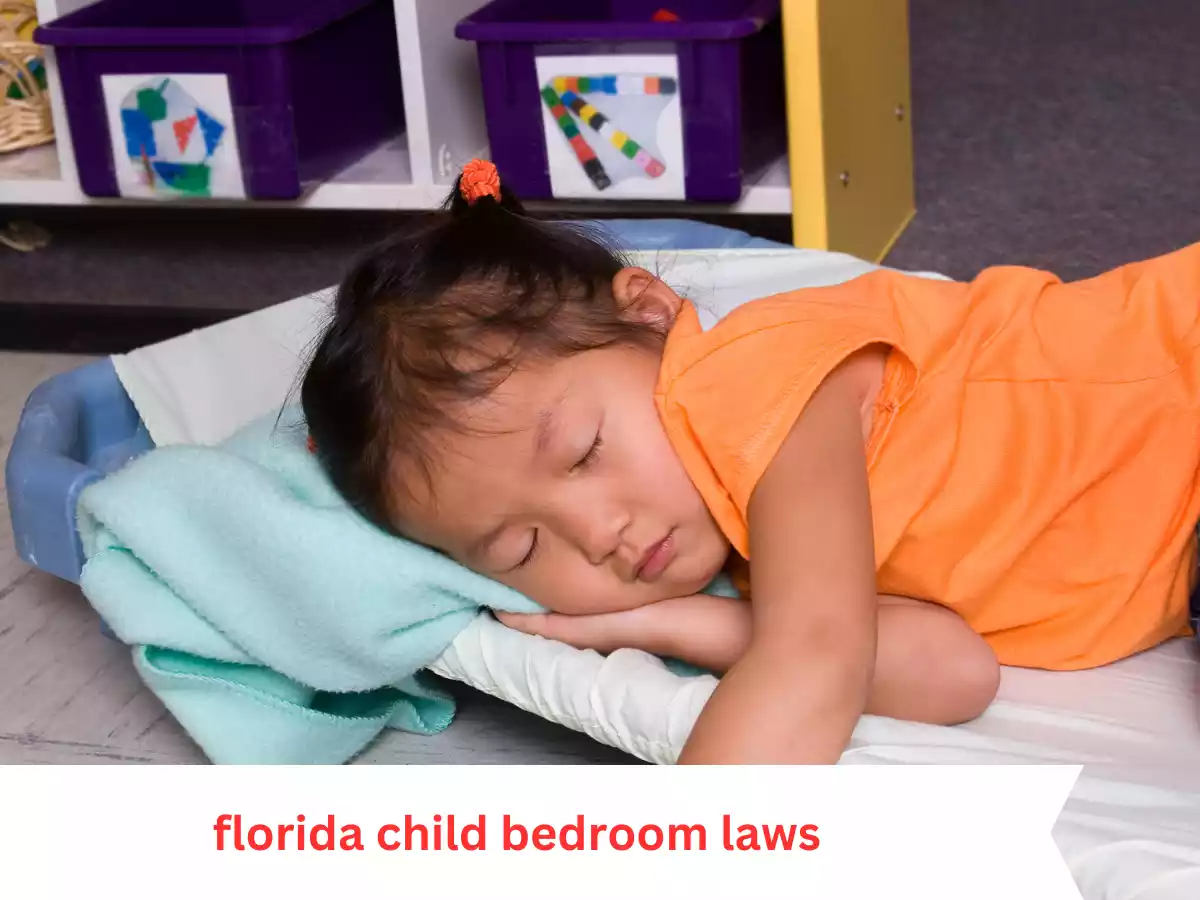Introduction: florida child bedroom laws
Child safety and well-being are of paramount importance, and this extends to their living environment, including their bedrooms. Florida child bedroom laws are designed to ensure that children have a safe, comfortable, and appropriate space to rest and thrive. In this article, we’ll delve into the specifics of Florida’s child bedroom laws, exploring their key aspects, requirements, and the importance of creating a nurturing environment for children.
The Importance of Child Bedroom Safety
A Secure Haven
A child’s bedroom serves as a sanctuary where they rest, learn, and play. Safety is crucial in this space.
Impact on Growth and Development
A safe and supportive bedroom environment can contribute to a child’s emotional, cognitive, and physical development.
Florida Child Bedroom Laws
Legal Framework
Florida has established laws and guidelines to ensure child safety within their bedrooms.
Understanding the Laws
The laws address various aspects, from furniture placement to safety equipment and cleanliness.
Minimum Requirements for Child Bedrooms
Adequate Space
Florida’s laws stipulate a minimum square footage requirement for child bedrooms.
Suitable Sleeping Arrangements
Children should have comfortable and appropriately sized beds.
Temperature and Ventilation
Bedrooms must maintain a suitable temperature and ventilation for comfort and health.
Safety Measures
Window Coverings
Child bedrooms must have cordless or inaccessible window coverings to prevent strangulation hazards.
Smoke and Carbon Monoxide Alarms
Working smoke detectors and carbon monoxide alarms are mandatory for child bedrooms.
Exit Routes
A clear and unobstructed exit route is essential for emergencies.
Furniture and Decor
Anchoring Furniture
Tall furniture, like dressers, must be anchored to the wall to prevent tipping.
Toxic Materials
Bedrooms should be free from toxic paints, materials, or substances.
Childproofing
Outlets and Cords
Electrical outlets should be covered, and cords should be secured to prevent accidents.
Choking Hazards
Small objects and items that pose choking hazards should be kept out of reach.
Role of Caregivers and Parents
Supervision and Maintenance
Parents and caregivers play a crucial role in ensuring that child bedrooms remain safe and well-maintained.
Regular Inspections
Regular inspections of furniture, equipment, and overall safety measures are essential.
Creating a Nurturing Environment
Comfort and Personalization
Child bedrooms should be comfortable, reflecting the child’s personality and interests.
Promoting Good Sleep Hygiene
Creating a calming and relaxing environment can contribute to better sleep hygiene.
Conclusion
Florida’s child bedroom laws reflect the state’s commitment to safeguarding children’s well-being within their living spaces. These laws encompass various aspects of safety, from furniture placement to childproofing and cleanliness. By adhering to these laws and creating a nurturing environment, parents and caregivers can ensure that children have a safe, secure, and comfortable space where they can thrive and grow.
FAQs About Florida Child Bedroom Laws
- What are Florida child bedroom laws?
Florida child bedroom laws are regulations that ensure children have safe, comfortable, and appropriate sleeping spaces. - What are the minimum requirements for child bedrooms in Florida?
Florida’s child bedroom laws include minimum square footage, suitable sleeping arrangements, temperature control, and safety equipment. - What safety measures are required for child bedrooms in Florida?
Child bedrooms in Florida must have cordless window coverings, working smoke detectors, carbon monoxide alarms, and unobstructed exit routes. - Are parents responsible for childproofing bedrooms?
Yes, parents and caregivers are responsible for childproofing bedrooms to prevent accidents and hazards. - Why is creating a nurturing environment important for child bedrooms?
A nurturing environment in child bedrooms supports emotional, cognitive, and physical development, contributing to the child’s overall well-being.























